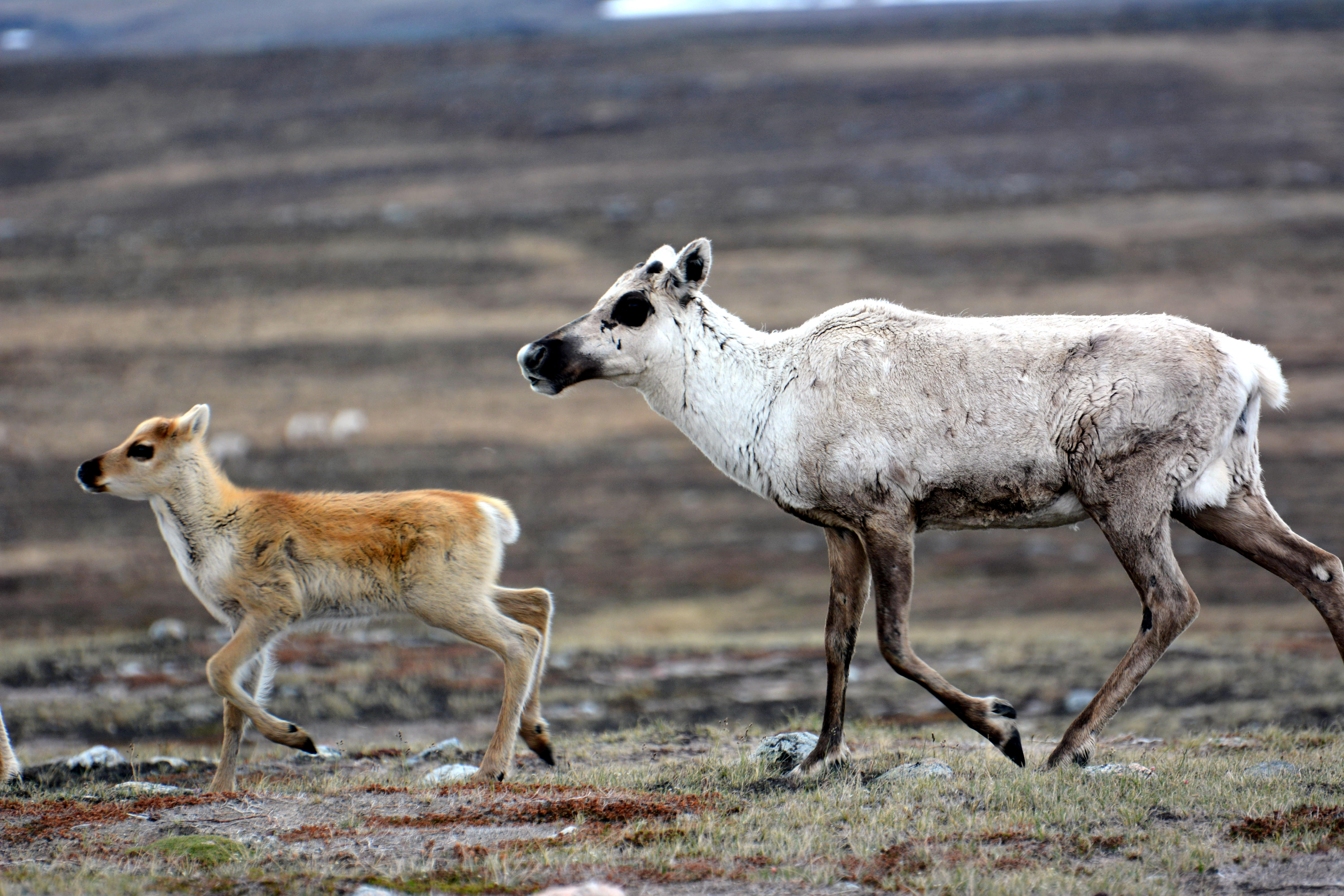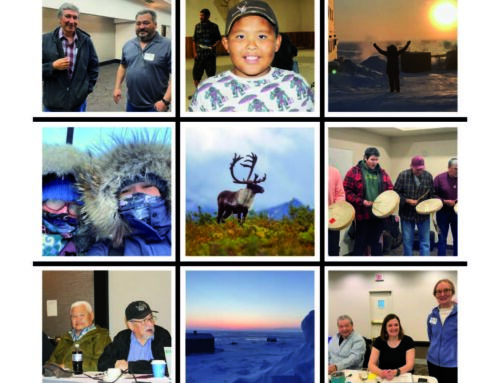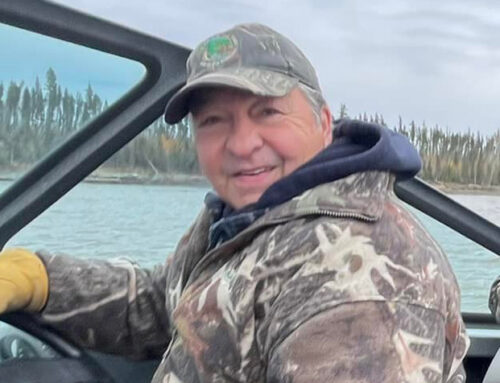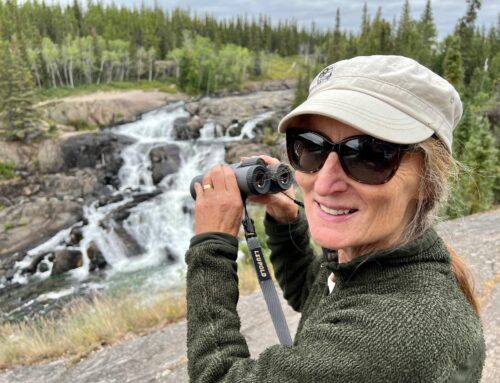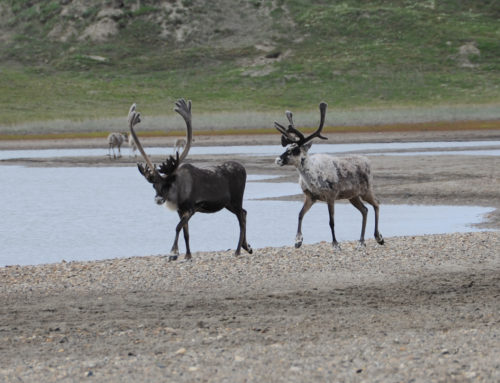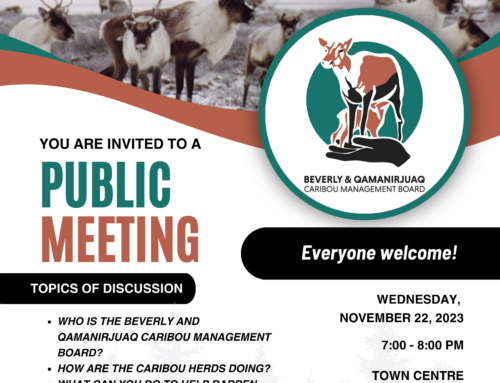June 8, 2021 – The Beverly and Qamanirjuaq Caribou Management Board (BQCMB) wrapped up its 90th meeting on May 13, 2021 with a significant decision: it passed a motion to support designating barren-ground caribou as a Threatened species in Canada.
This outcome was the result of three years of consultation with Environment and Climate Change Canada – Canadian Wildlife Service (ECCC-CWS) around the proposed listing of barren-ground caribou under the federal Species at Risk Act (SARA).
The BQCMB initially was supportive of the conservation benefits of the proposal but concerned about the potential implications of listing for Indigenous harvesting rights.
The Board’s decision to support listing is in part based on ECCC-CWS’s assurance that existing Indigenous harvest rights would be maintained upon listing and a legal Duty to Consult will be required if any changes that might affect those rights are considered in the future. The Board’s expectation is that full and meaningful consultation would take place if this situation occurs.
BQCMB Chair Earl Evans says this topic generates a lot of conversation wherever he goes. “With the federal government consulting communities about listing these caribou, it creates an awareness out there of the dire situation the caribou are in,” he explains.
Eight barren-ground herds, including the Beverly and Qamanirjuaq herds, are already listed as a Threatened species in the Northwest Territories (NWT) under territorial Species-at-Risk (SAR) legislation. An NWT recovery strategy, which the BQCMB participated in, was finalized in 2020 and implementation by six NWT Management Authorities is in the works.
A federal listing would provide protection for all barren-ground caribou herds on federal lands across the country and add another layer of protection to ensure they don’t decline past the point of no return, according to Evans.
He points out a federal listing and recovery planning would likely mean extra funding for awareness and education campaigns around many aspects of caribou conservation, including disrespectful hunting practices, an issue that has arisen often and received much attention from the Board over the years.
Elder Joe Marten, BQCMB member from Fond du Lac First Nation in northern Saskatchewan, says education is key. “Some young people don’t know how to hunt,” he explains. “They don’t know how to be in the bush. They just go on their own; they kill caribou and they don’t even know how to cut caribou.”
The BQCMB also opposes any development on caribou calving or post-calving grounds. “Development may threaten the places where caribou migrate, calve or raise their young. This is something else we expect a federal SAR listing to address,” states Evans.
“Protecting these areas is key to the recovery of these herds, so we have caribou for the future.”
-30-
For more information, contact:
Lynne Bereza
BQCMB Communications Specialist
204-871-0517
Email: caribounews@outlook.com
or
Ross Thompson
BQCMB Executive Director
Email: rossthompson@mymts.net
